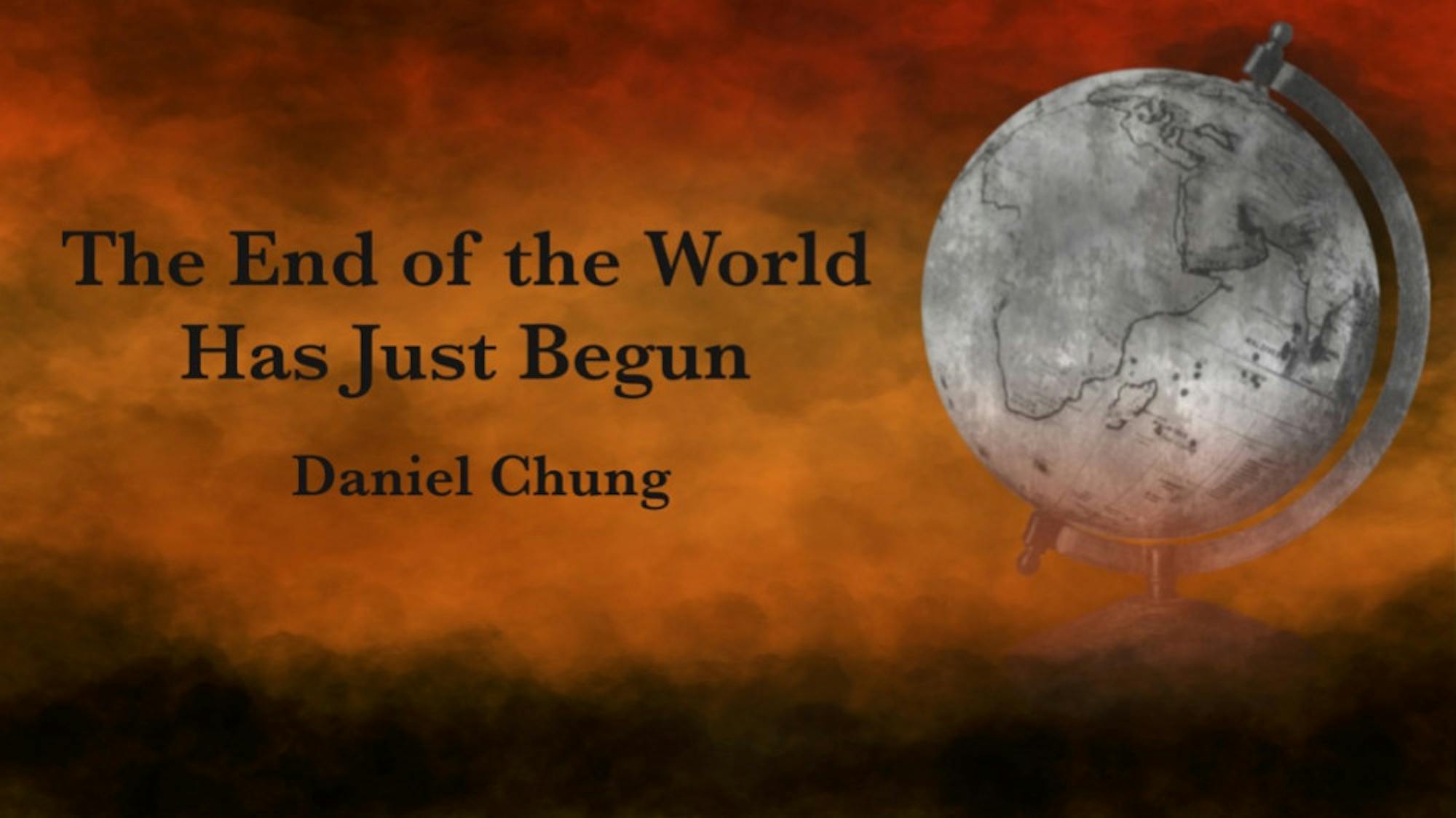For the past few years, there has been increasing discussion in the foreign policy community about Washington’s role in the Global South: an often neglected part of international relations. With the primacy of the United States waning in institutions like the United Nations and in the Global South —17 African states abstained from a vote condemning Russia’s invasion of Ukraine and one voted against it — the necessity for Washington to regain soft power influence over the region has been under a spotlight, as the United States seeks to preserve the global liberal order. Now, the time has come for a coordinated Africa strategy.
In recent weeks, reporting has stepped up about China’s fading investments in Africa. Chinese loan commitments to African nations have fallen in the last few years, as fears grow in Beijing over the ability of debtors to pay loans back, and China pivots to dealing with the aftermath of its COVID-19-related economic slowdown. Although Xi Jinping has already attempted to reassure African nations of a Chinese commitment to their economic security, Washington has nonetheless recognized this as a key opening to regain regional trust, sending Treasury Secretary Janet Yellen and U.N. Ambassador Linda Thomas-Greenfield to Africa and pledging $55 billion in investment. Meanwhile, the Wagner Group, which had been regarded as Russia’s primary arm of influence in Africa, is under threat of depletion as its forces are helping Russia in the battle for Bakhmut in Ukraine, undermining the role of Washington’s other global competitor in Africa.
The current moment is opportune for Washington to recommit to Africa. Developing countries currently face a $40 trillion infrastructure investment gap. Investment led by the U.S. through the Partnership for Global Infrastructure and Investment can help close the gap while pressuring China to improve its practices by creating an alternative to its Belt and Road Initiative that adheres to labor and environmental standards. And already, as mentioned earlier, sizable investment commitments have been made.
However, even now, the United States must be careful to manage its African commitment properly. Most foreign aid goes anywhere but to foreign governments, as D.C., like Beijing, remains worried about defaults and foreign corruption. In response, Washington could increase guarantees of sovereign bonds, and the U.S. Agency for International Development should expand the Economic Support Fund, both of which are fairly cost effective measures. On top of this, unlike the Belt and Road Initiative, America must support more than just physical infrastructure, which has not produced strong results. A good place to start would be building up multilateral institutions while including local actors as members, reinforcing transparency and empowering Africa to take control of its own destiny. The United States should also leverage its advantage over China in institutions of higher education by welcoming and training foreign students and building a network of sympathetic next-generation global leaders.
All the while, the United States cannot lose sight of its own values as it focuses on competition with China and Russia. A report from earlier this month suggests that the temptation in D.C. is growing to support president Mahamat Idriss Debey of Chad to deny Russia another win in Africa. This would be a grave mistake, as Mahamat has engaged in persecution of protestors and extrajudicial killings, with Washington’s support for him offering Russia an opportunity to criticize American hypocrisy. The United States, to win in the Global South — and across the rest of the world for that matter — has to learn to truly set the rules of the road with an affirmative vision, not just respond to perceived threats.





